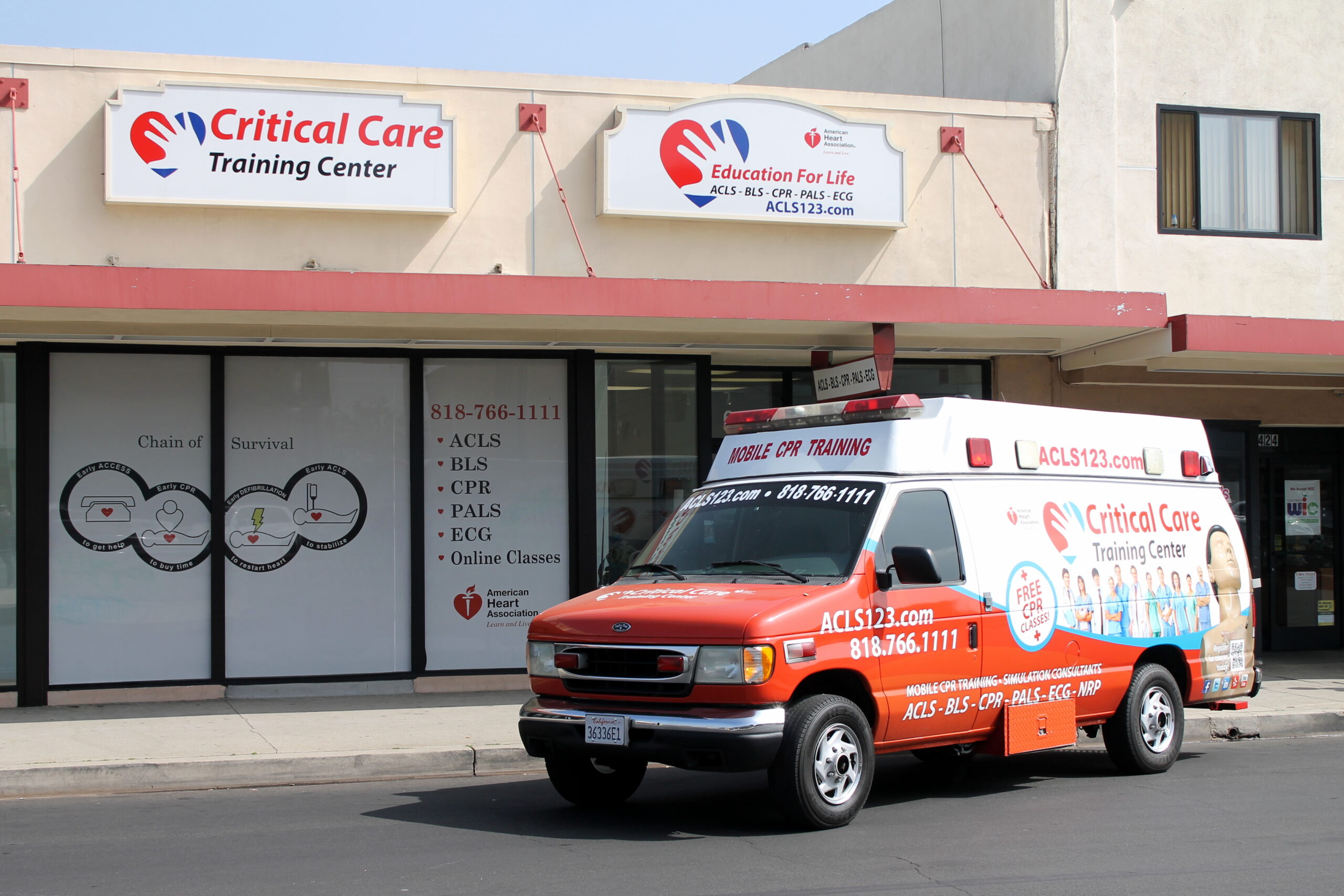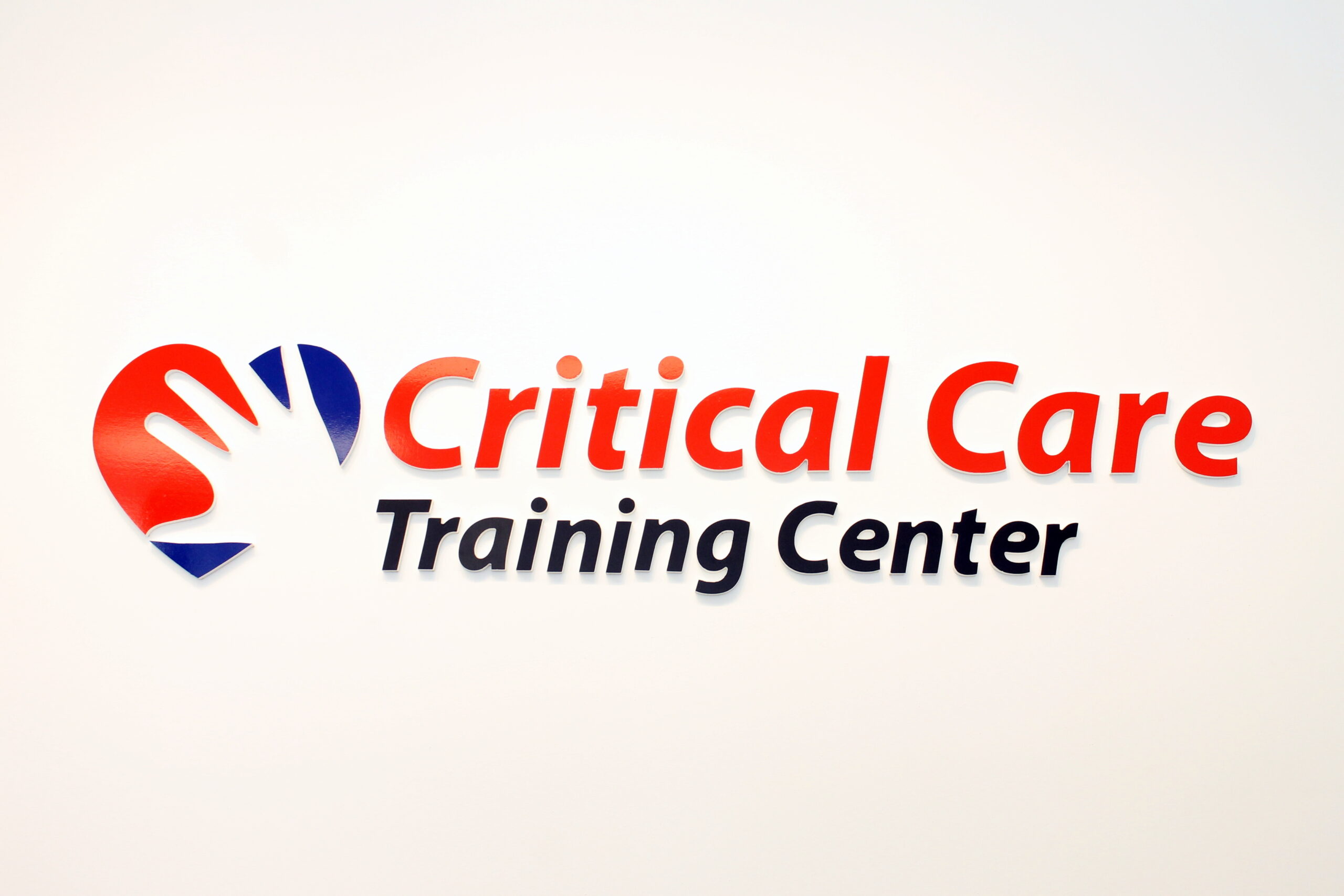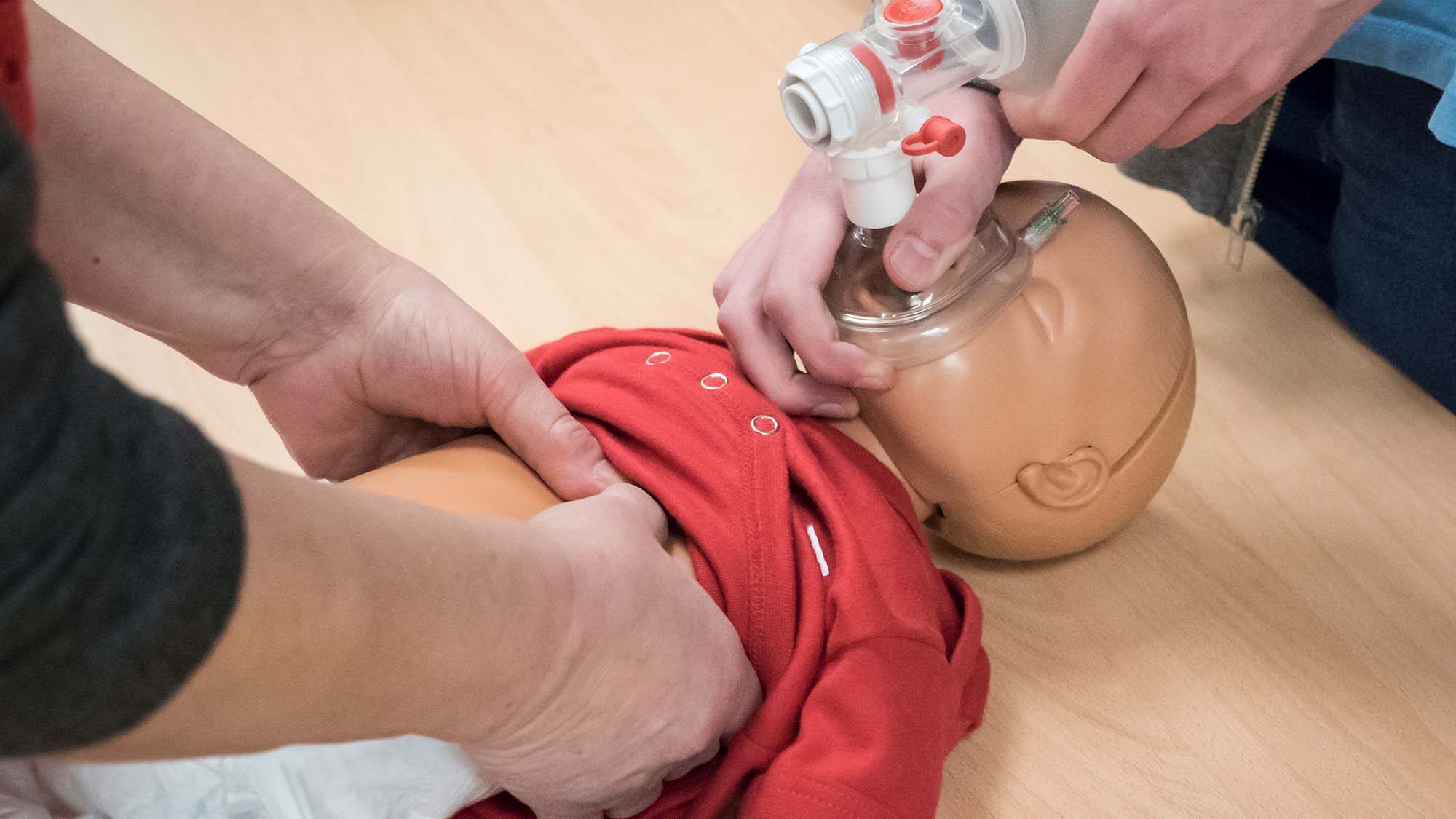Essay by: ISP045
Three nursing students bustle around a patient’s bed performing assessments, taking vital signs, communicating with medical professionals, starting IVs, administering medications, and tossing ideas and information back and forth to one another. Their movements get more urgent as the patient’s blood pressure begins to drop dramatically, the heart monitor shows an irregular beat, and then, flatline. The student nurses’ faces fall. To an unknowing bystander this situation seems unfair, dangerous even. A critical patient placed in care of a few student nurses? But then a voice comes over the microphone into the tiny room: “Shall we run that scenario again?”. It is the simulation specialist who is running the scenario from behind the door. Determined faces and nods speak their answer and the patient’s pulse comes slowly back…thump…thump…thump.
While the use of simulation is relatively new to nursing education, it has been widely used throughout the world as a way of preparation for military and other highly skilled professions. In the time simulation has been used within nursing education, the use of simulation has been found to be a theory-supported exercise aiding in the preparedness of the licensed nurse. In a study done in University of Maryland Baltimore School of Nursing, it was found that simulation provided a learning environment in which less-experienced students were able to improve their skills by working as a team (Larew et al, 2006). In addition to this, this study recognized simulation as an exercise well supported by Benner’s Novice to Expert theory, as a way to aid the novice nurse to becoming an expert within the medical field (Larew et al, 2006). Simulation is a time-tested and theory supported experience which enhances the skill set of the student nurse.
Throughout my own experiences, simulation has proved an invaluable experience to further my nursing education and my preparedness for my future career. My positive experience with simulation was in the norm among my classmates, and according to a study done by Pamela G. Sanford at Nova Southeastern University, our reactions were comparable to other students across the country (Sanford, 2010). Students recognize and appreciate simulation as a way to increase confidence, enhance and utilize critical thinking skills, and collaborate within a multidisciplinary health care team (Sanford, 2010). This positive response is incredibly encouraging for the future of simulation within nursing education. There is no doubt in my mind that in the next ten years of nursing education, simulation will be made a mandatory addition to nursing school curriculum, be found more valuable to a nurse’s preparedness, and be a sought after experience for the novice nurse as they seek a more confident skill set.
Simulation is more than an exercise thrown haphazardly into the student nurse’s busy schedule. Rather, it is a time-tested, theory-supported, and invaluable experience that does indeed follow the vision Nightingale had for every nurse to “raise the standards and prestige of the [nursing profession]” (Florence Nightingale Pledge). The standards that have been raised by the introduction and use of simulation in nursing education will no doubt continue to have an impact on the preparedness f licensed nurses as they continue to raise the quality of care received by every patient. As the nursing profession follows in the vision of Florence Nightingale, the use of simulation can only grow in the next ten years so that by running and rerunning scenarios the nursing student can graduate more prepared to take on the challenges that await them in the hospitals and medical fields they pursue.
References
Florence Nightingale Pledge. (2013). American Nurses Association. http://nursingworld.org
Larew, C., Lessans, S., Spunt, D., Foster, D., & Covington, B. G. (2006). Innovations in clinical simulation: application of Benner’s Theory in an interactive patient care simulation. Nursing Education Perspectives 27 (1). http://nlnjournal.org
Sanford, P. G. (2010). Simulation in nursing education: a review of the research. The Qualitative Report 15 (4). http://www.nova.edu/sss/QR/QR15-4/sanford.pdf









